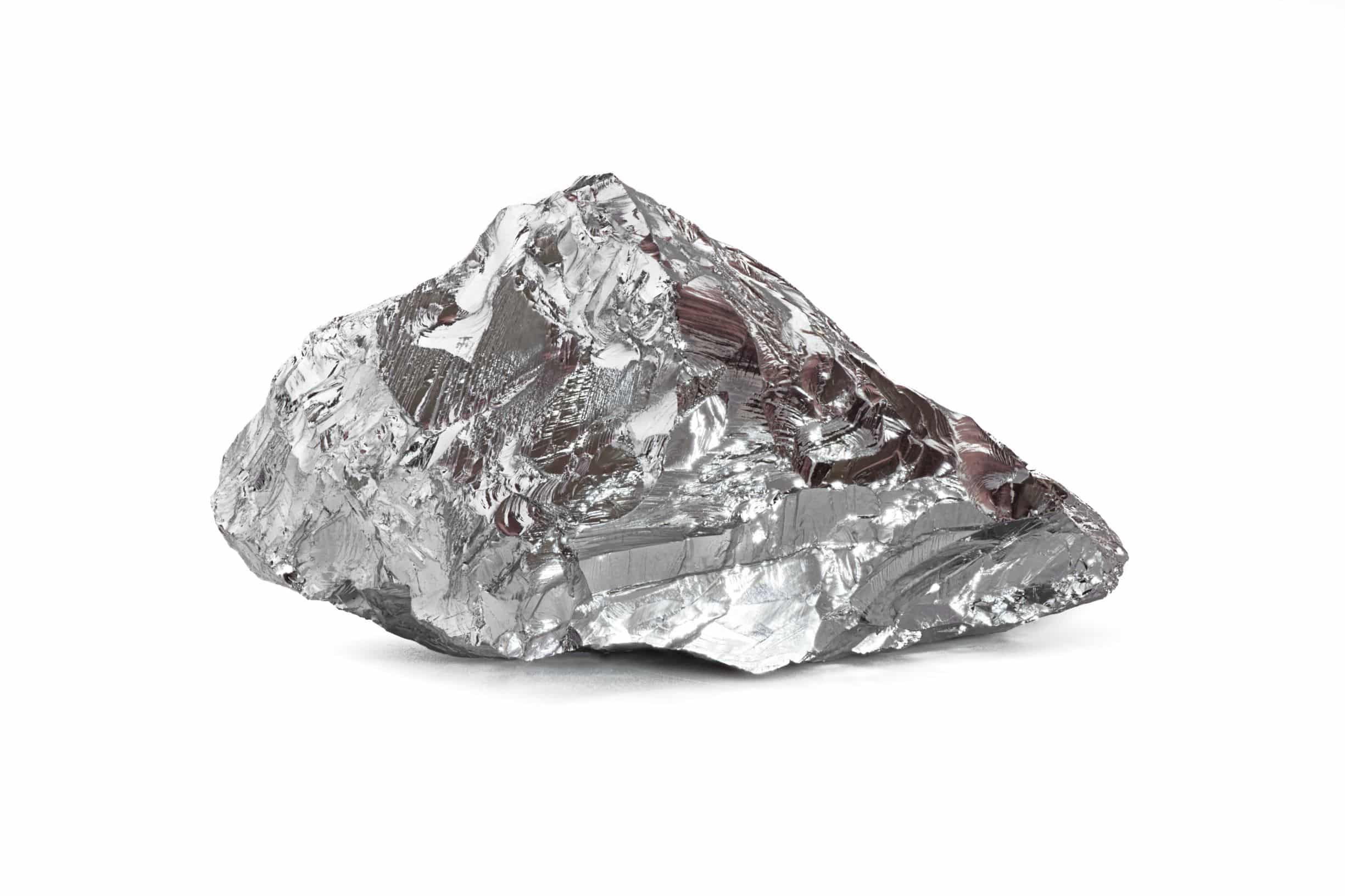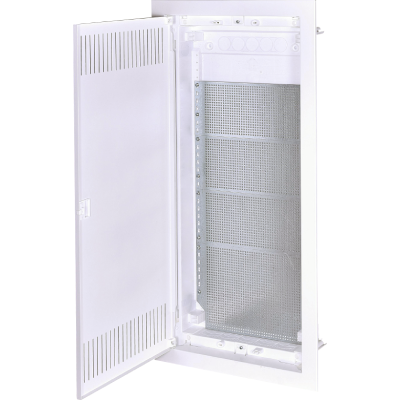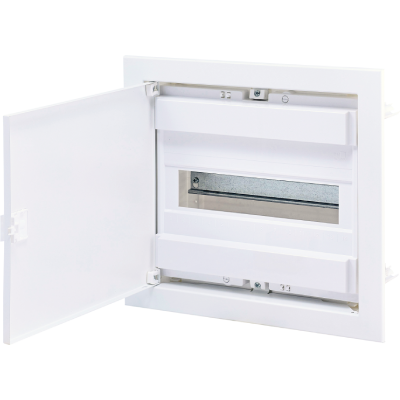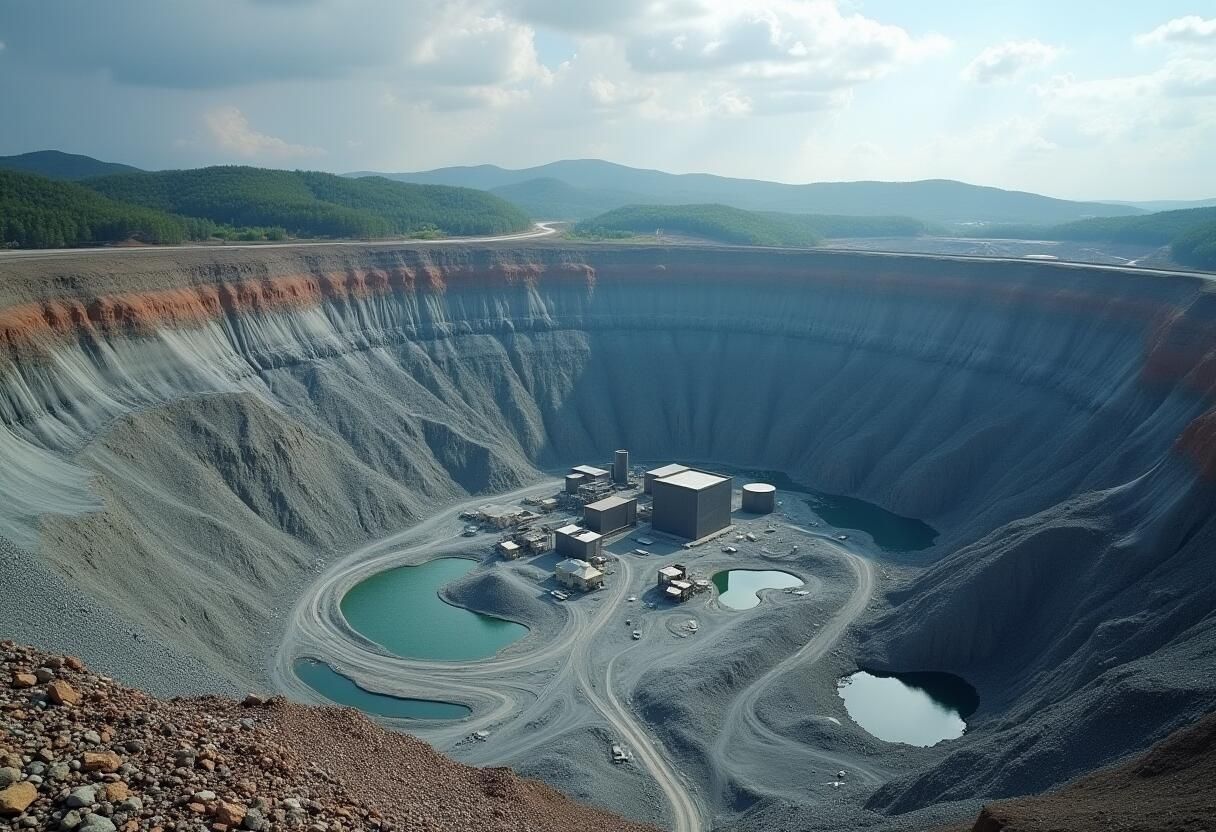How the Shortage of Critical Raw Materials Affects Our Society
Imagine a world without nickel, copper, or silver. No electric vehicles. No smartphones. No renewable energy infrastructure. Without these essential raw materials, the development of modern technology and sustainable energy systems would come to a halt. These materials power our daily lives and industries—yet many of them are becoming harder to source, making the issue of critical raw materials one of the defining challenges of our time.
As global demand for clean energy and digital technologies continues to grow, so does the pressure on the supply of raw materials needed to produce them. Disruptions in availability not only affect industries—they ripple through economies and societies.
Why Are Critical Raw Materials So Important?
🌍 Nickel
Nickel is a vital component in the batteries that power electric vehicles and in the production of stainless steel. As the world shifts toward cleaner transportation, demand for nickel has surged. But supply remains limited, with much of it concentrated in a few countries. This makes the automotive industry vulnerable to price spikes and geopolitical tensions, potentially slowing the transition to greener mobility.

⚡ Copper
Copper is the backbone of modern energy systems. It conducts electricity efficiently and is used in power grids, electric wiring, motors, and virtually all renewable energy installations. As we scale up solar and wind energy, our dependence on copper increases. A shortage of this critical metal could delay clean energy projects, inflate infrastructure costs, and hinder progress toward climate goals.

🔋 Silver
While silver is not officially on the most critical materials lists, its role in electronics is undeniable. It’s used in electrical contacts, high-performance batteries, and advanced technologies, including solar panels. With demand already outpacing supply, silver is becoming an increasingly strategic resource for the tech and energy sectors. Its scarcity could affect everything from smartphones to photovoltaic systems.

What Can We Do?
To ensure long-term resilience and sustainability, we must take proactive steps at every level of society—from individuals to industries and governments.
🔄 Invest in alternative materials
Developing more abundant and sustainable materials can help reduce our dependence on rare and geopolitically sensitive resources. For example, researchers are exploring aluminum or iron-based alternatives in batteries.
♻️ Improve recycling
Recycling and reusing materials already in circulation is one of the most effective ways to relieve pressure on raw material extraction. Better product design for easier disassembly and material recovery can make recycling more efficient and scalable.
⚙️ Use materials more efficiently
Innovations in manufacturing and engineering can significantly reduce waste. Smart product design, miniaturization, and circular thinking allow us to do more with less, extending the life cycle of products and conserving raw materials.
The Role of Companies
Companies are at the forefront of this transformation. They have the power—and responsibility—to lead by example in how they source, use, and manage materials.
By adopting sustainable procurement practices, partnering with responsible suppliers, and investing in material innovation, businesses can help reduce dependency on critical raw materials. Designing products with recyclability and durability in mind not only conserves resources but also creates long-term value for customers and the planet.
Furthermore, companies can contribute to building a more transparent and ethical supply chain, ensuring that materials are sourced in ways that respect both people and the environment. This shift is not only good for business—it's essential for future resilience.























